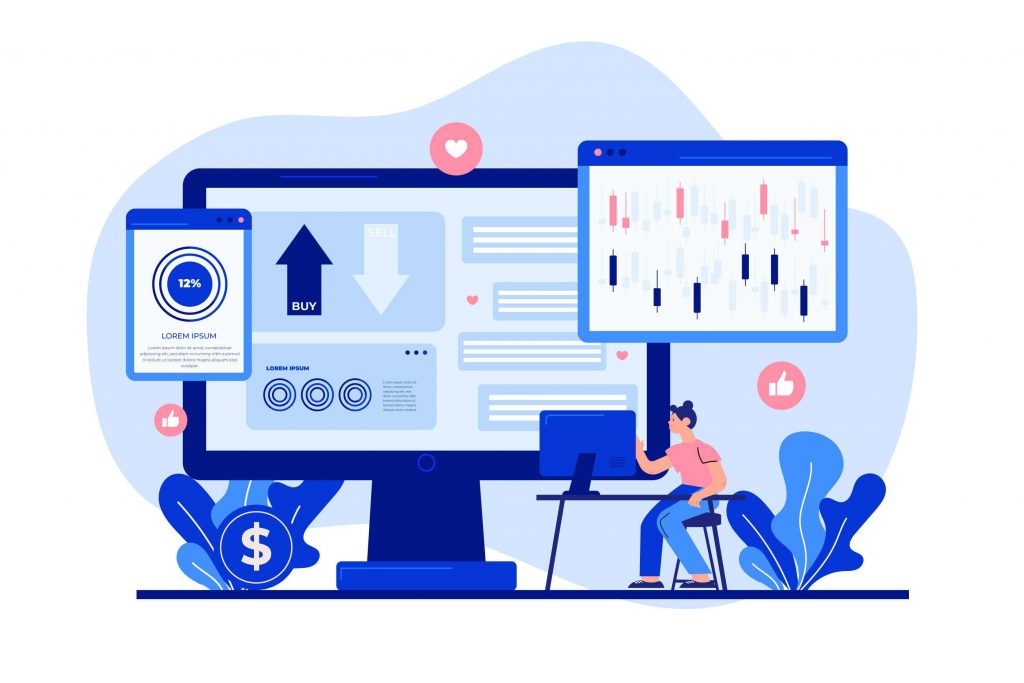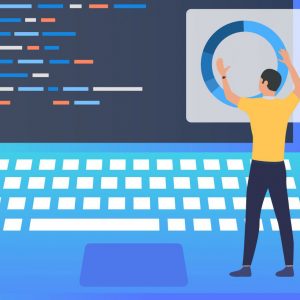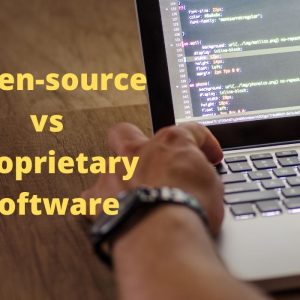What Are The Main Types Of Software Licenses Available?
June 16, 2022

There are five main types of software licenses. These include GNU Lesser General Public License, Copyleft, Permissive, Public domain, and proprietary. The commercial licenses require a fee, while the open-source licenses require no fee.
Software licenses control the management of software assets. Developers who originally came up with the program code receive their compensation from the fees collected through licensing. The software licenses also protect the parties using the code from legal action. A licensed program code is less exposed to piracy and illegal transfer. Below are the main types of software licenses in detail.
GNU Lesser General Public License (LGPL)
With LGPL, you can connect to free source libraries within your software. You need to use your code to link an LGPL licensed library, and afterward, you can distribute your application under any license.
The LGPL license has a warranty offer. You can modify and reuse your code without experiencing problems.
Copyleft License
Also known as reciprocal or restrictive license, it allows room for specific modifications and reuses. You can modify a licensed code and distribute new works. However, your modified version must be released under a copyleft license. Other people can access the software as long as they meet the same requirements. For instance, if the original software was initially made for personal use, subsequent users can only use it with the same intention.
Permissive License
With a permissive license, you can make any modification. However, you must acknowledge the original license. It is also known as Apache-style or BSD style and contains minimal restrictions regarding the modification and redistribution of software.
The permissive license is often used with open-source software.
Public Domain License
The public domain license is used with software that does not require permission. The owner has not copyrighted the software, so you do not have to pay to use their code. You can freely modify the software with no rules or restrictions.
Users can copy, reuse and distribute the codes without any restrictions. However, security breaches are common within these codes, as most users fail to adhere to proper coding practices.
Proprietary License
It is the only commercial license available. Also referred to as a non-free software license, users are required to pay before using it. Besides, there are several restrictions regarding their use. You only have permission to use the code in specified ways, and you cannot copy, modify or distribute it.
It is the most restrictive of all licenses, and all rights are reserved.
| LGPL | Copyleft | Permissive | Public Domain | Proprietary |
| Allows you to link to free source libraries within your software. | Modified code must be released under copyleft license. | Minimal restrictions regarding modification and redistribution of code. | Everyone is free to use, modify and distribute the code. | Commercial, Copying, modification and distribution prohibited. |
Conclusion
Software licenses are important as they help developers protect their program codes. Developers who have licensed their codes have a clear path of what legal actions they can take if a user breaches the terms of use. In this article, the five main types of software licenses are discussed.
FAQS
What is the cost of a Software License?
The cost of software licenses is varied. It depends on the type, how it is provided, and the supplier. Once you identify a software license of choice, you can look up the specific details regarding its cost.
Can my business have multiple types of software licenses?
Absolutely! Each software is developed for a specific use, and different licenses are required to maximize the use of each program code.

